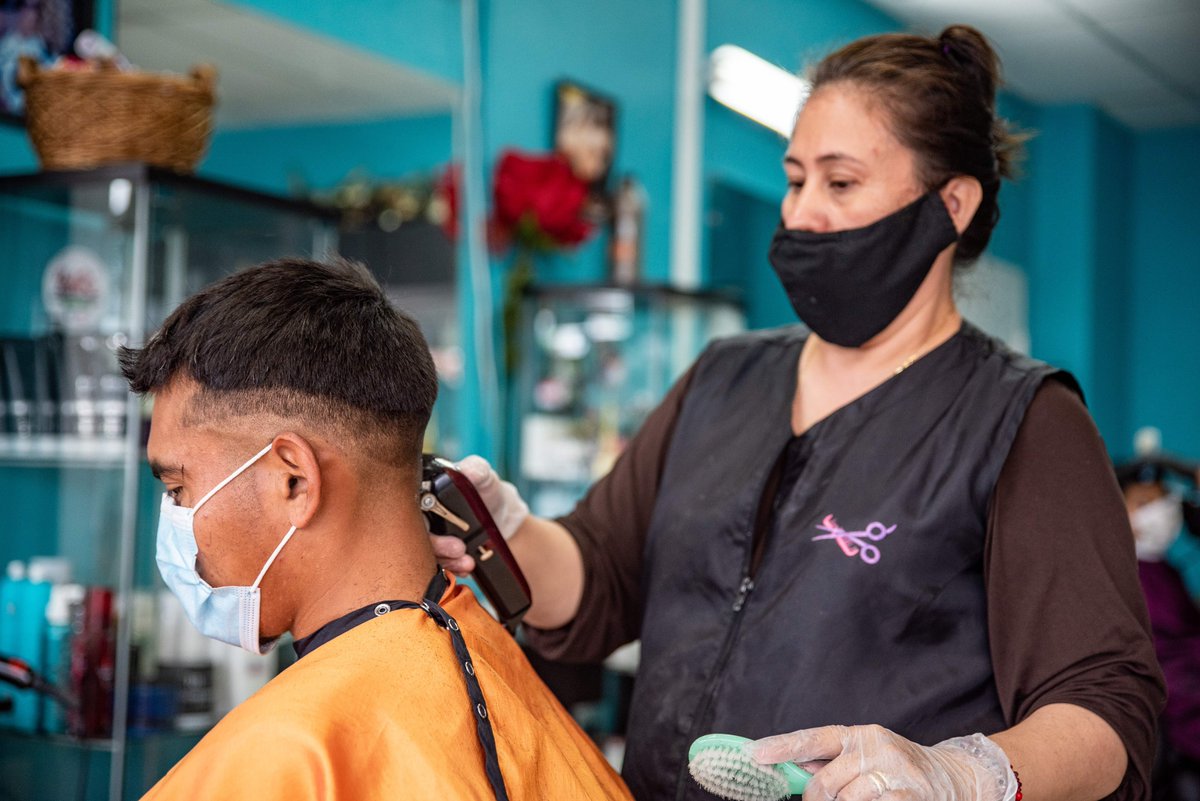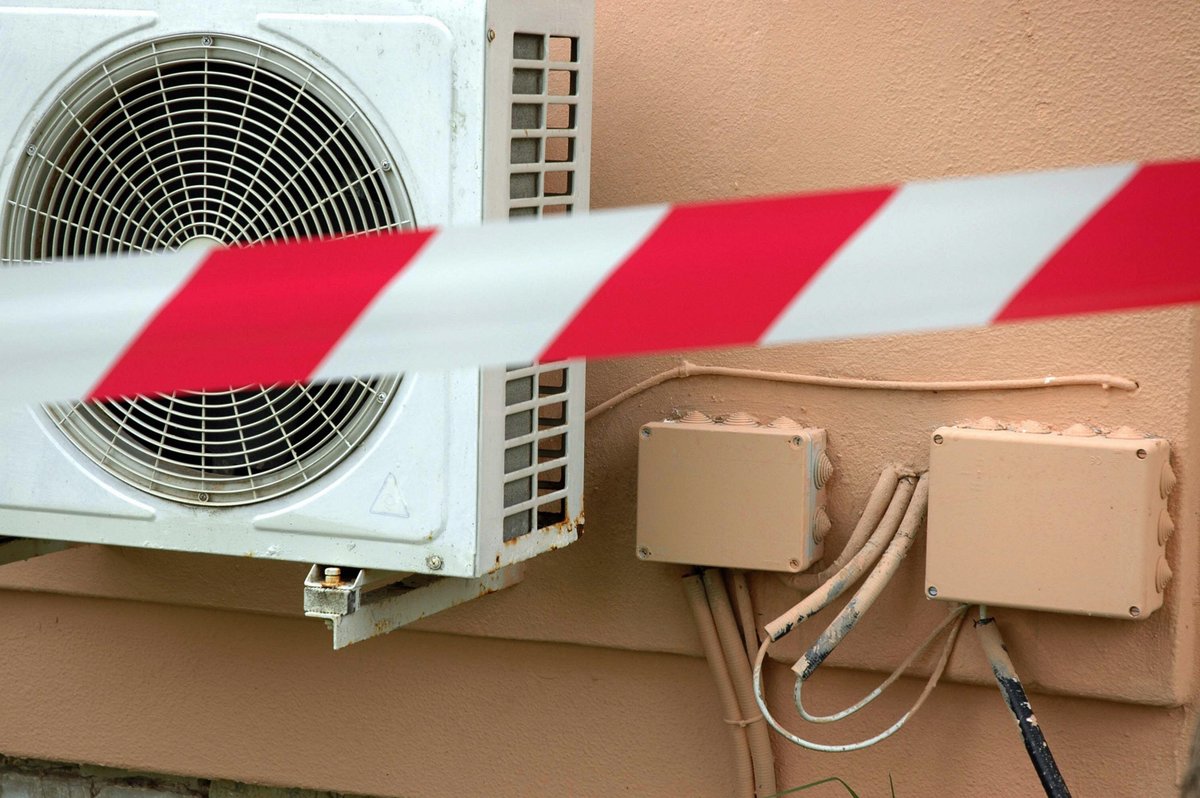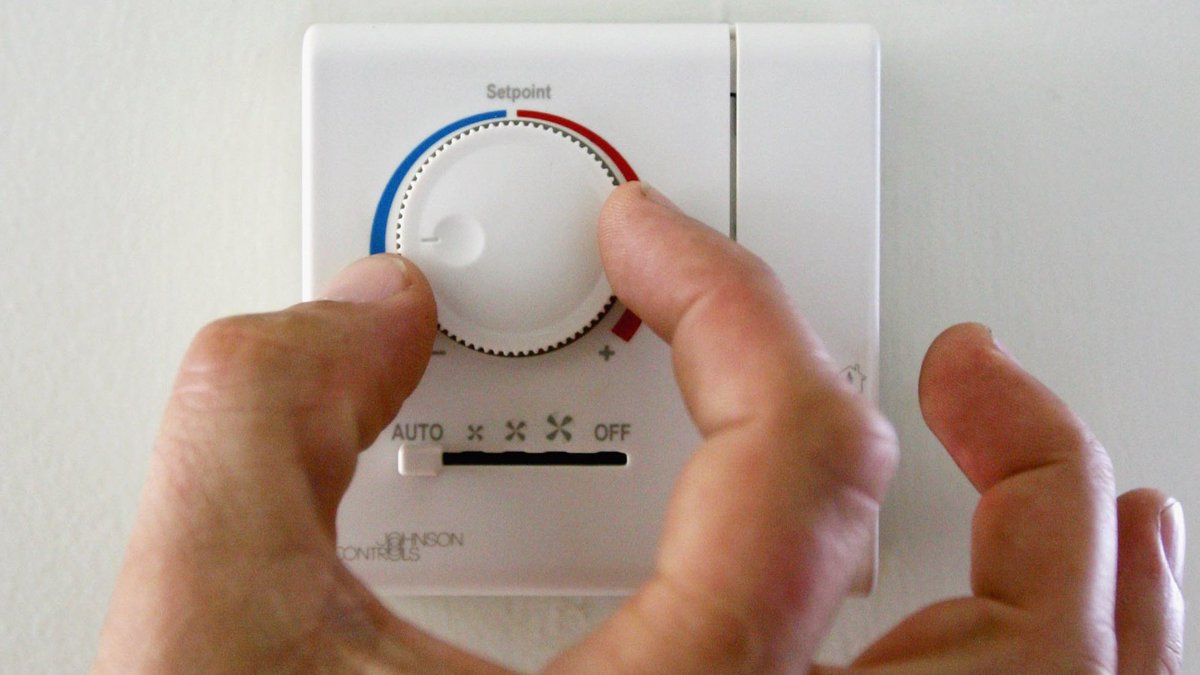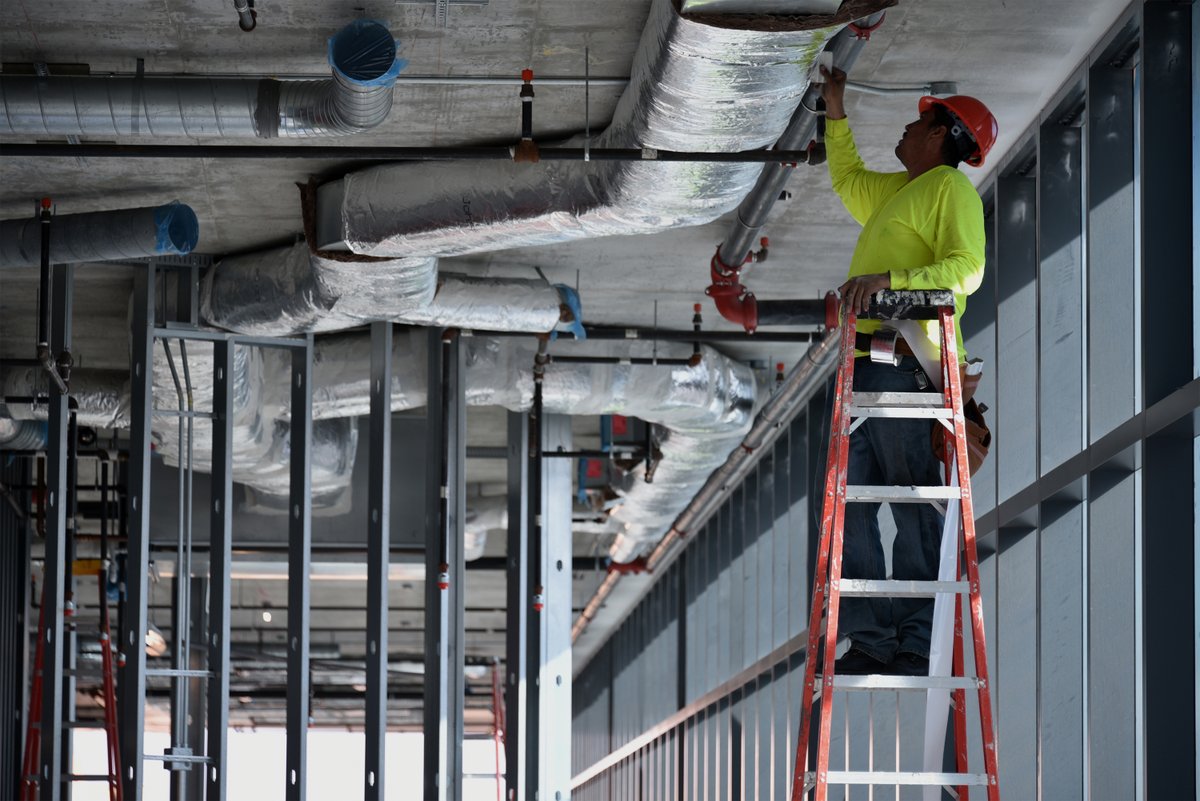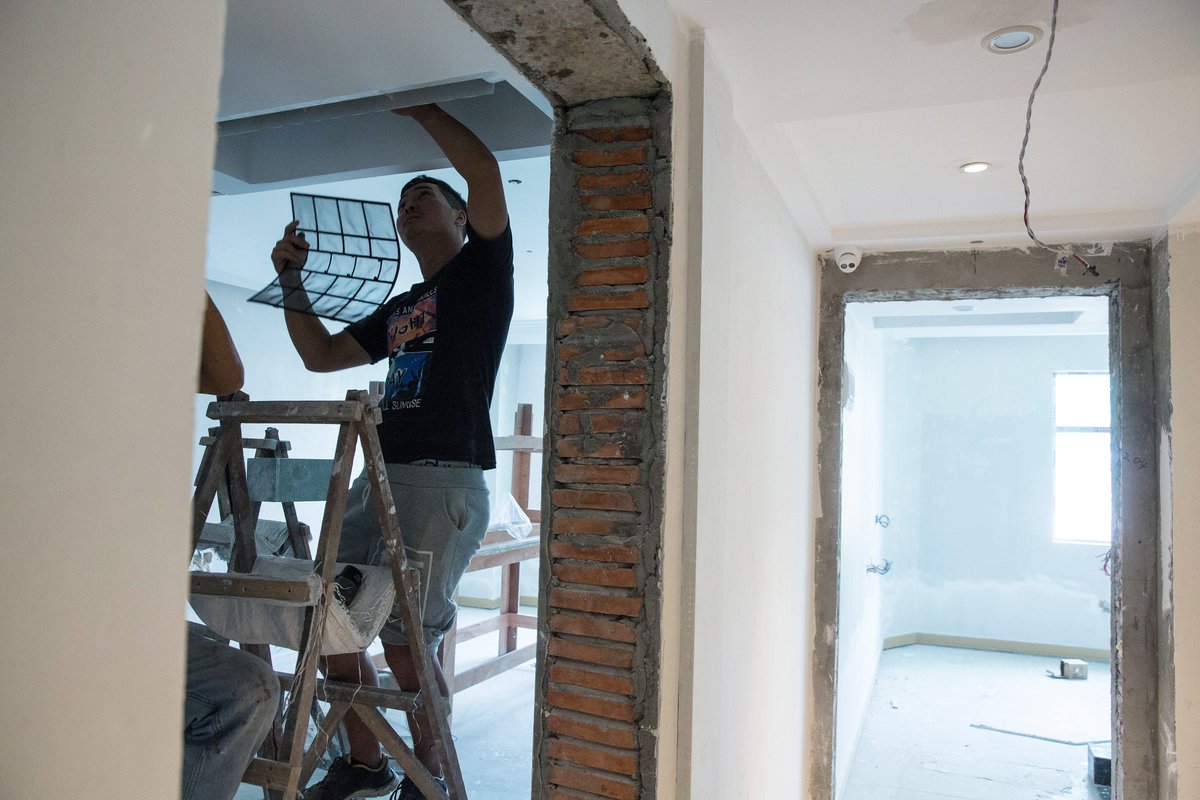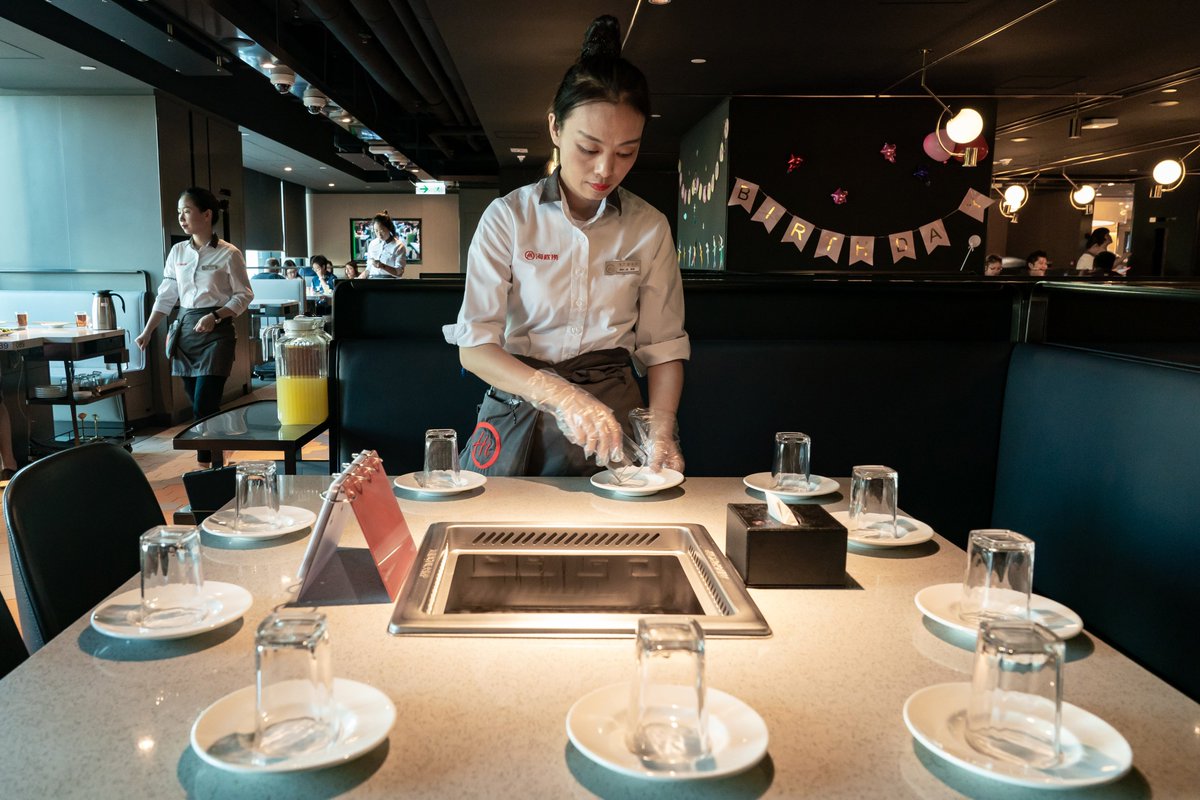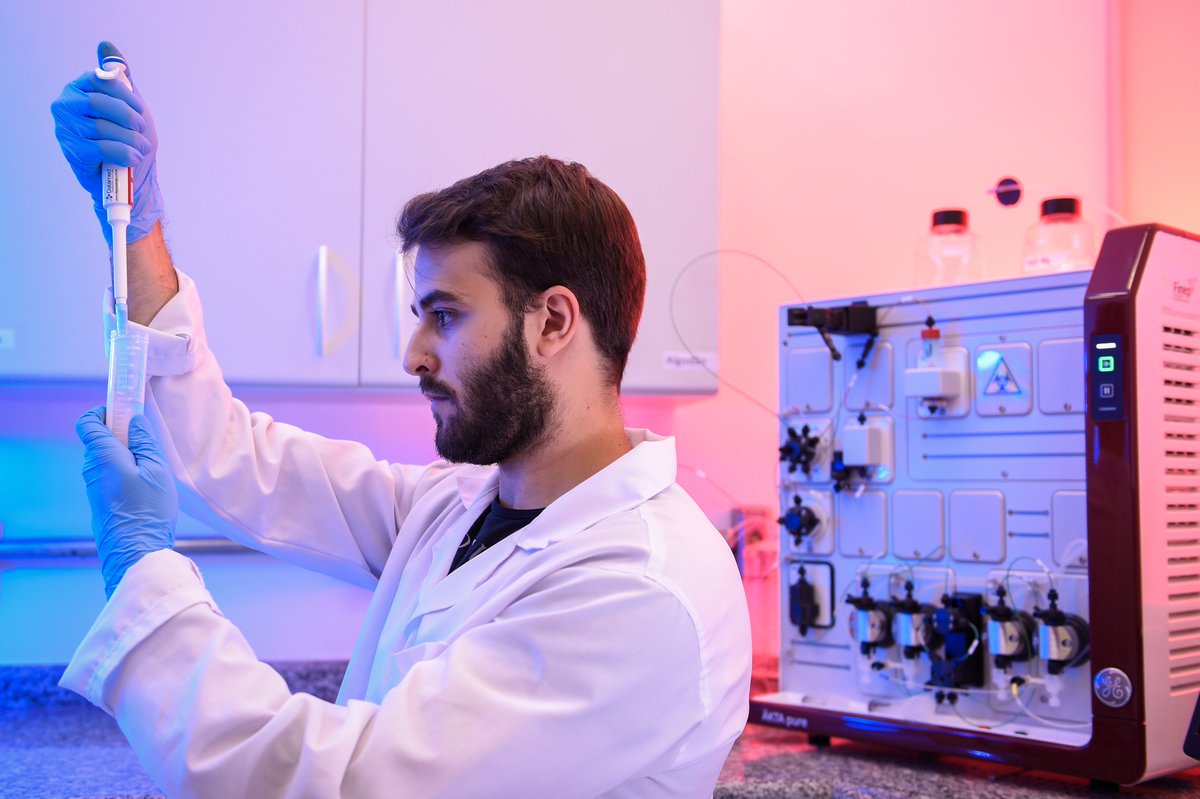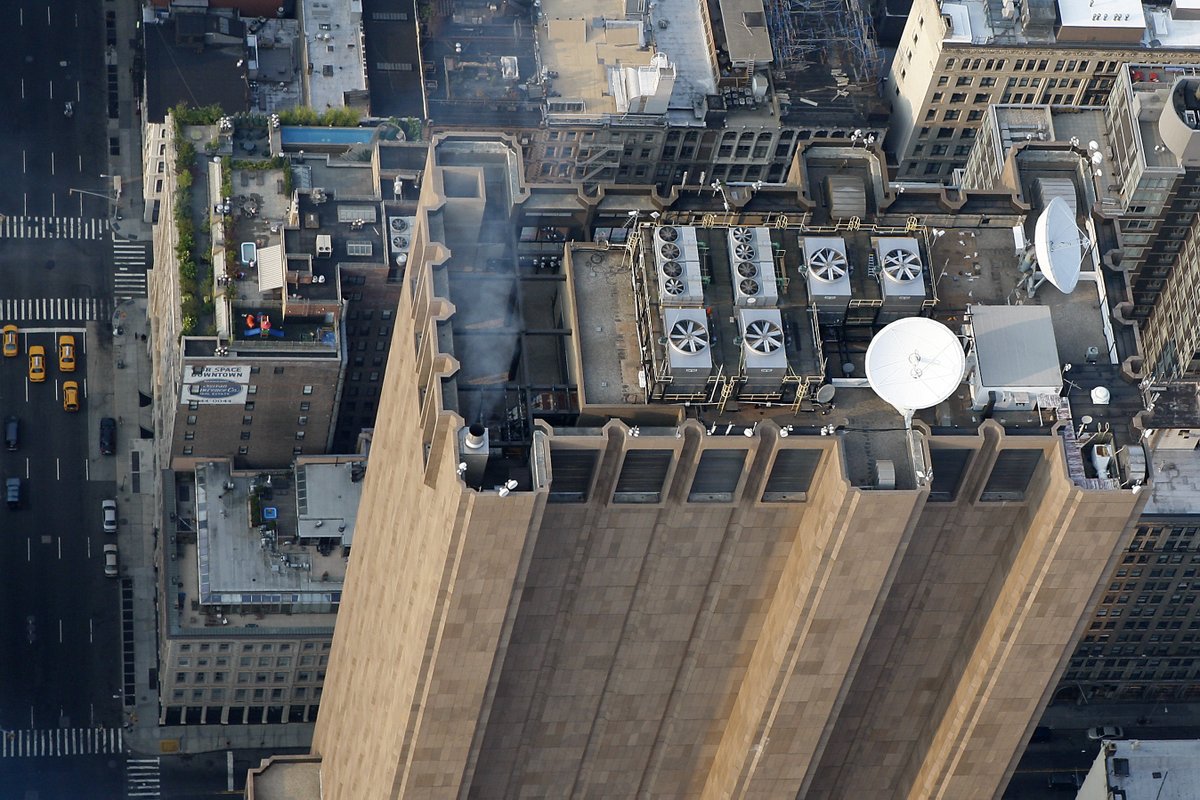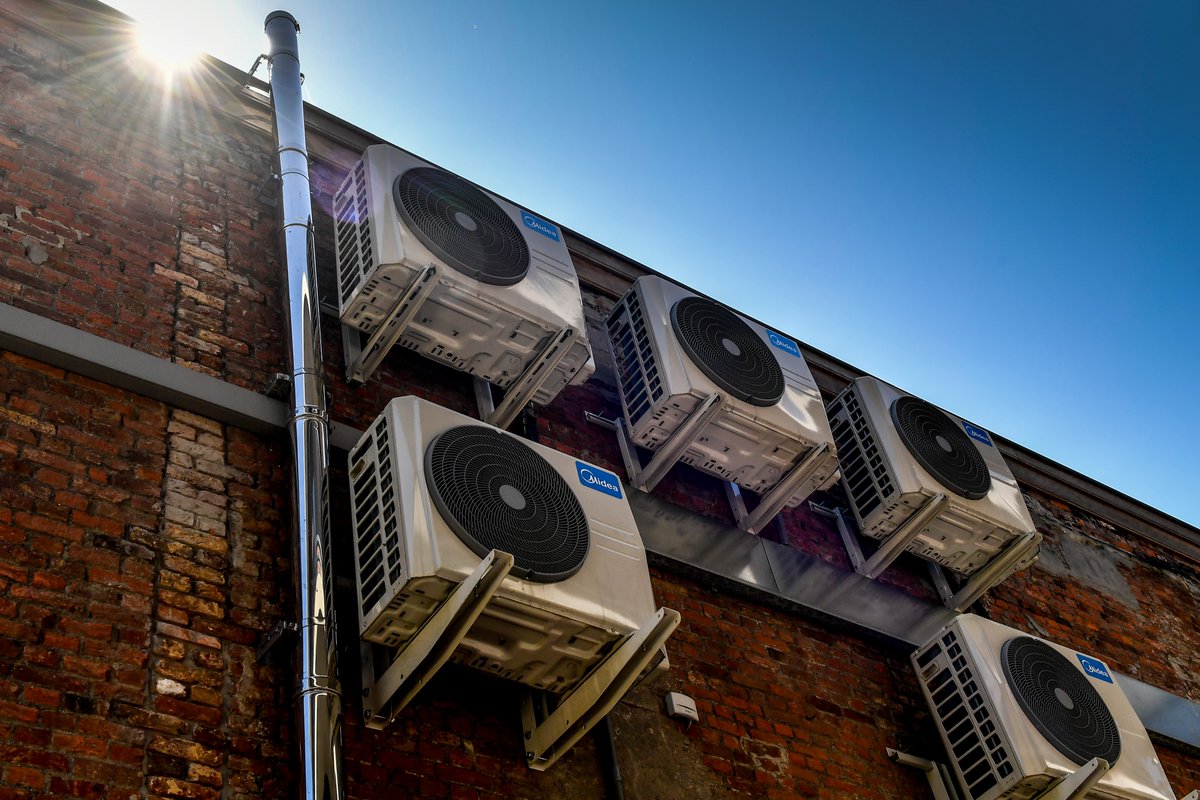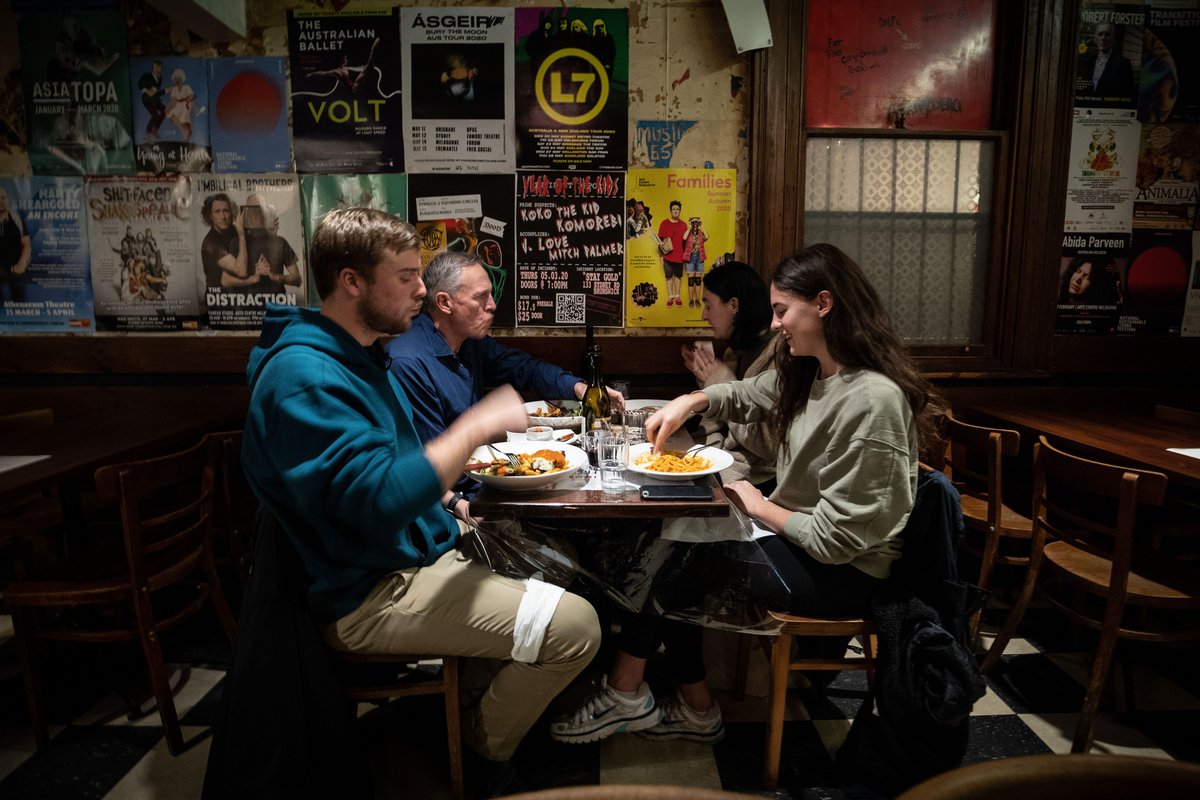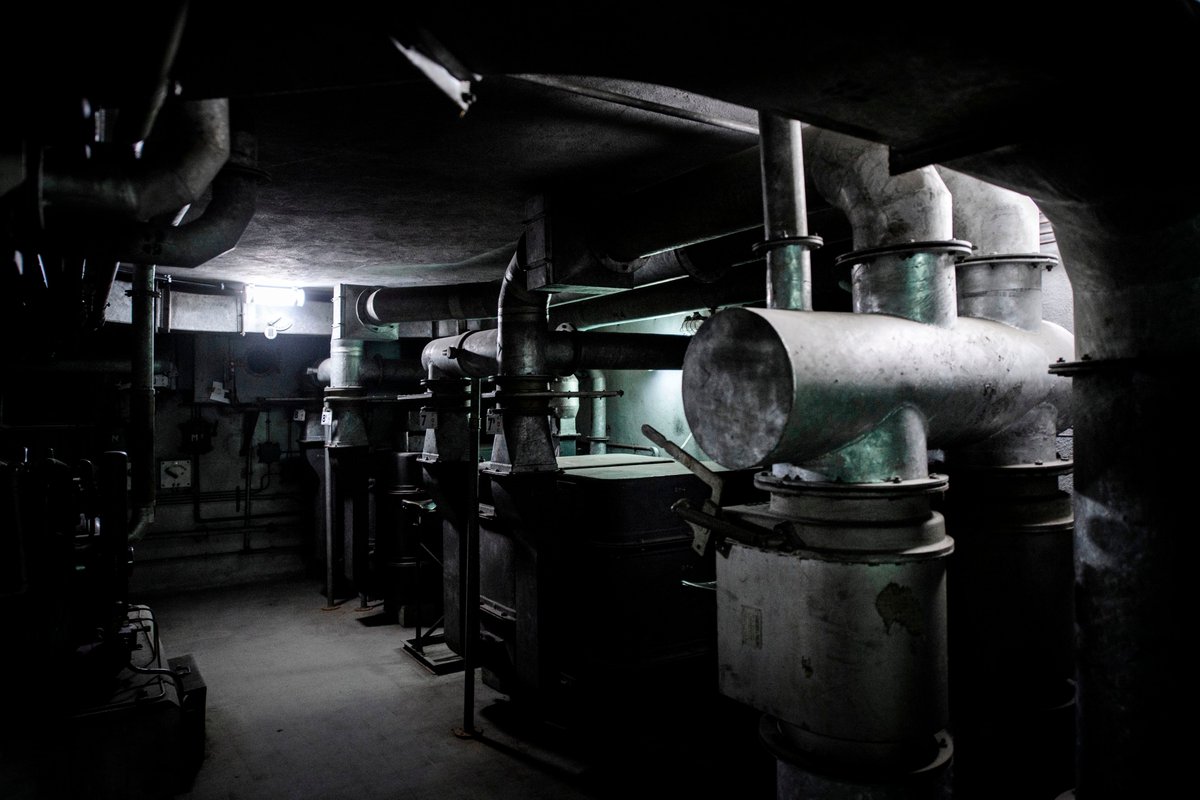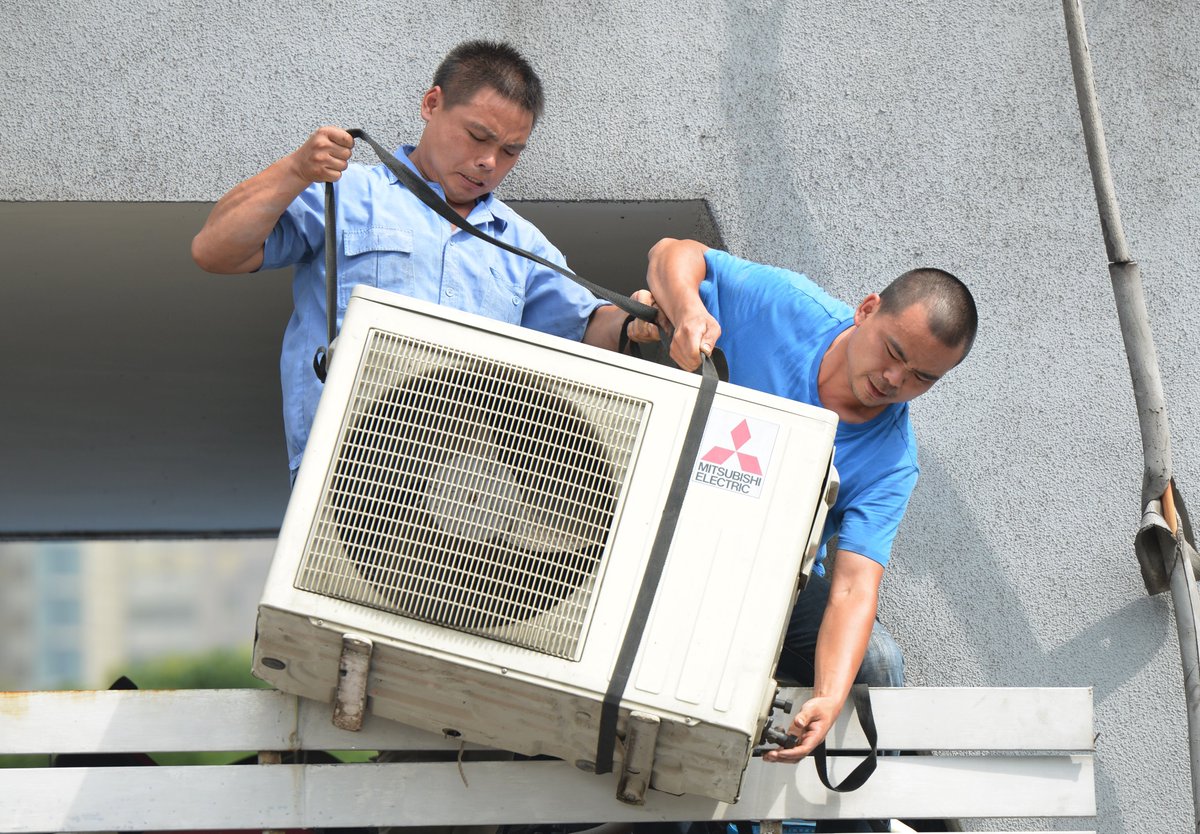 Barber shops
Barber shops Retail stores
Retail stores Offices
Offices Businesses of all kinds are reopening again, and the HVAC systems that keep them cool and ventilated are whirring back to life https://trib.al/opE1O8w
Chances are you didn’t give much thought to air conditioners before Covid, as long as they appeared to be working.
Now, with a deadly virus that spreads via airborne droplets still circulating around the country, you may wonder, are HVAC systems safe? https://trib.al/opE1O8w
Now, with a deadly virus that spreads via airborne droplets still circulating around the country, you may wonder, are HVAC systems safe? https://trib.al/opE1O8w
It depends on the HVAC system and the circumstances of the space.
The most tricked-out air-conditioner money can buy isn’t going to make a big difference if people are packed in like sardines on a subway or at a concert venue and an infected person coughs https://trib.al/opE1O8w
The most tricked-out air-conditioner money can buy isn’t going to make a big difference if people are packed in like sardines on a subway or at a concert venue and an infected person coughs https://trib.al/opE1O8w
But the presence of AC likely doesn't in and of itself increase your risk of getting the virus.
In fact, combined with social distancing, face masks, proper ventilation and humidity control are great tools for guarding against infection https://trib.al/opE1O8w
In fact, combined with social distancing, face masks, proper ventilation and humidity control are great tools for guarding against infection https://trib.al/opE1O8w
A typical AC system works by taking in a percentage of air from the outside and mixing it with air that’s recirculated from within the building.
When you’re trying to combat a virus, you want more air to come in from the outside https://trib.al/opE1O8w
When you’re trying to combat a virus, you want more air to come in from the outside https://trib.al/opE1O8w
The recirculated air gets passed through a filter before it’s spat out from one room to the next. Here are some of the best filters:
 HEPA filter
HEPA filter
 MERV filter of at least 13
MERV filter of at least 13
These are both capable of capturing small particles such as viruses https://trib.al/opE1O8w
 HEPA filter
HEPA filter MERV filter of at least 13
MERV filter of at least 13These are both capable of capturing small particles such as viruses https://trib.al/opE1O8w
A study published on the CDC website linked the spread of the coronavirus among patrons of a Guangzhou, China, restaurant to air conditioners.
But a followup analysis showed there was no outdoor air supply https://trib.al/opE1O8w
But a followup analysis showed there was no outdoor air supply https://trib.al/opE1O8w
Compared to other pathogens such as tuberculosis, Covid-19 doesn’t appear to be as infectious.
It can’t spread between people in different parts of a building via air that’s been diluted through ventilation and filtration https://trib.al/opE1O8w
It can’t spread between people in different parts of a building via air that’s been diluted through ventilation and filtration https://trib.al/opE1O8w
The U.S. already has standards for ventilation based on square footage and occupancy.
While there are discrepancies between regions — California is one of the most progressive in terms of air-quality requirements — the basic standards are quite protective https://trib.al/opE1O8w
While there are discrepancies between regions — California is one of the most progressive in terms of air-quality requirements — the basic standards are quite protective https://trib.al/opE1O8w
That’s why the most important step for any business is to do a full checkup and proper maintenance of existing systems before they start letting people back into their building https://trib.al/opE1O8w
The free fix if you’re not getting enough ventilation is to just open the windows.
 But that's difficult to do in humid places such as Texas and Florida, where restaurant-goers might complain that they didn’t order a side of sweat with their fries https://trib.al/opE1O8w
But that's difficult to do in humid places such as Texas and Florida, where restaurant-goers might complain that they didn’t order a side of sweat with their fries https://trib.al/opE1O8w
 But that's difficult to do in humid places such as Texas and Florida, where restaurant-goers might complain that they didn’t order a side of sweat with their fries https://trib.al/opE1O8w
But that's difficult to do in humid places such as Texas and Florida, where restaurant-goers might complain that they didn’t order a side of sweat with their fries https://trib.al/opE1O8w
One cheap upgrade is to change your filters to a higher efficiency, depending on your particular system.
Another is to adjust an HVAC system’s parameters to increase the amount of air coming in from the outside relative to the amount that’s recirculated https://trib.al/opE1O8w
Another is to adjust an HVAC system’s parameters to increase the amount of air coming in from the outside relative to the amount that’s recirculated https://trib.al/opE1O8w
For consumers, this all sounds great in theory, but how do you know what businesses have made these upgrades and which haven’t?
The truth is, you don’t. But there are some things you can watch out for. Odor or mustiness can be a sign of poor ventilation https://trib.al/opE1O8w
The truth is, you don’t. But there are some things you can watch out for. Odor or mustiness can be a sign of poor ventilation https://trib.al/opE1O8w

 Read on Twitter
Read on Twitter